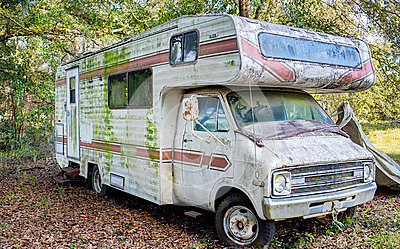Mini review: “Alien: Covenant”
David (deliciously played by Michael Fassbender) returns from the previous installment, 2012’s “Prometheus,” to ask: What is my relationship to creation, now that I've met my creator and found him wanting?
While a duplicitous, “synthetic” crew member is nothing new in the “Alien” franchise, this idea is at the heart of “Alien: Covenant.”
More than that, it’s the AI’s hunt for existential meaning that captures our imagination in director Ridley Scott’s latest movie. (Don't worry, there’s also plenty of the expected kind of hunting, too, as various Xenomorphs chase down screaming, doomed characters. “This new ‘Alien’ prequel is mostly a gore fest ... ,” wrote The Wall Street Journal’s reviewer.)
(Caution, possible spoilers ahead.)
David (deliciously played by Michael Fassbender) returns from the previous installment, 2012’s “Prometheus,” to ask: What is my relationship to creation, now that I've met my creator and found him wanting?
This is a big, grand idea -- but again, not entirely new for the franchise.
In the very first movie, 1979’s “Aliens,” that film's synthetic, Ash -- whom we think is a human crew member until just before his messy, fiery end -- says this about the creature on board the Nostromo: “Perfect organism. Its structural perfection is matched only by its hostility.”
While Ash appreciates the organism, David dedicates himself to creating one. (He also meticulously sketches their various forms -- one of the movie’s nods to Renaissance sculptor Michelangelo.) By so doing, David seeks to actualize himself and his creation.
More broadly, by giving birth (albeit via unwilling human hosts) to a new lifeform -- one more perfect than himself -- David mirrors the actions of his own creator, whom we briefly meet at the start of “Alien: Covenant.”
It’s pretty clear that Scott is more interested in David’s search for meaning and personal definition than all the expected face-huggers, chest-busters, and bloody deaths in “Alien: Covenant.”
In fact, Scott has been toying with these themes for a long time. In his second “Alien” movie, 1986’s “Aliens,” there’s this memorable line when one crew member calls Bishop (played by Lance Henriksen) a synthetic. “I prefer the term ‘Artificial Person’ myself,” Bishop says.
In “Alien: Covenant,” the difference between David’s recognizable humanity is made more explicit when he encounters his “brother,” a synthetic named Walter (also played by Fassbender), who explains that his generation was designed to be less human-like. “You made them uncomfortable,” Walter explains to David in his flat American accent. By comparison, David feels … alive. He strives, he explores, he invents. He’s like us.
“Alien: Covenant” puts a synthetic at the center of the action and the argument. Why? Because this conversation is already well underway. In 2017, the culture is both fascinated by and anxious about the blurring lines between real people and seemingly real chat bots and robots.
The “Alien” monsters have become a trope; they fail to surprise or challenge. Next time, I hope Scott finds a way to dispense with them entirely, to focus on his real interest: artificial intelligence, and how these creations will struggle, just like we do, with being alive.




:max_bytes(150000):strip_icc():format(webp)/iguana2-b554e81fc1834989a715b69d1eb18695.jpg)
